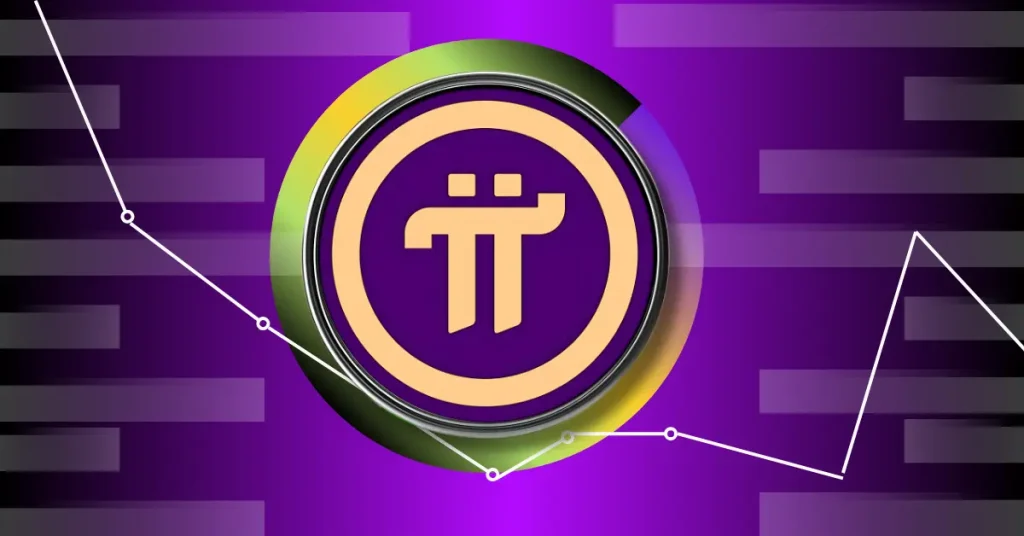
South Korean law enforcement has seized $3.2 million worth of cryptocurrency from operators of unregistered crypto exchanges accused of laundering funds through offshore platforms.
Per local media, the suspects allegedly used a foreign payment gateway service to facilitate illegal foreign exchange transactions.
The group operated unregistered crypto exchanges that offered overseas remittance services.
They accepted funds from local users, converted them into crypto, and transferred them abroad using foreign platforms.
Over time, they bypassed legal channels and collected millions in hidden fees while evading regulation.
Authorities confiscated the assets during a raid that also led to the arrest of three individuals and the indictment of two crypto exchange firms.
The group reportedly handled hundreds of billions of won over a six-year period while operating without registration.
According to the Busan District Prosecutors’ Office, the scheme generated approximately 25.7 billion won (around $18.9 million) in fees, with a total transaction volume reaching 943.4 billion won, or roughly $694.5 million.
Authorities allege the group breached both the Foreign Exchange Transactions Act and the Electronic Financial Transactions Act through unlicensed crypto dealings.
Illicit proceeds were funneled into offshore gambling sites, with much of the money moved using Nettel Pay, a foreign electronic payment service often linked to online betting and high-risk forex trading platforms, and not approved for use in South Korea.
Authorities tracked wallet addresses and accounts tied to the suspects and successfully seized 12.4 billion won ($9.1 million) in assets held under borrowed names.
Ethereum worth 4.4 billion won ($3.2 million), believed to have been hidden in personal wallets, was also recovered.
Five more suspects linked to the scheme are currently under investigation.
South Korea probes crypto exchanges
This crackdown unfolds as South Korea steps up its overhaul of the crypto exchange landscape, with regulators digging into the operations of local platforms.
Earlier this month, regulators opened a formal investigation into trading fee structures at major platforms including Upbit, Bithumb, and Coinone.
Led by the FSC, the probe is assessing whether current commission rates place an undue burden on locals and how they compare to global benchmarks.
The FSC had previously introduced a 0.6% supervision fee on crypto exchanges’ operating revenue to strengthen regulatory oversight.
Regulators have also stepped up enforcement against offshore platforms like BitMEX and KuCoin for operating without local registration.
Exchanges found to be in violation now face criminal charges and the threat of ISP-level access restrictions.
President Lee Jae-myung has placed crypto reform high on his policy agenda, promising tighter oversight, lower fees, and greater investor protections.
One of his administration’s first major steps was the introduction of the Digital Asset Basic Act—an all-encompassing proposal that outlines licensing rules for on-chain-backed stablecoins, mandatory reporting for digital asset activity, and a unified framework to govern virtual asset service providers.
The roadmap also charts a path toward legalising cryptocurrency exchange-traded funds by late 2025, with the FSC laying the groundwork through new frameworks on fund structuring, custody, pricing, and investor guardrails.
To ensure accountability, the roadmap outlines harsher penalties for misconduct, including permanent bans and steep fines for individuals and entities violating crypto-related laws.
A dedicated presidential committee is expected to guide the implementation of these reforms and coordinate with financial regulators to modernize the country’s digital asset ecosystem.
The post South Korea seizes $3.2M in crypto from unregistered exchange operators appeared first on Invezz















 English (US) ·
English (US) ·